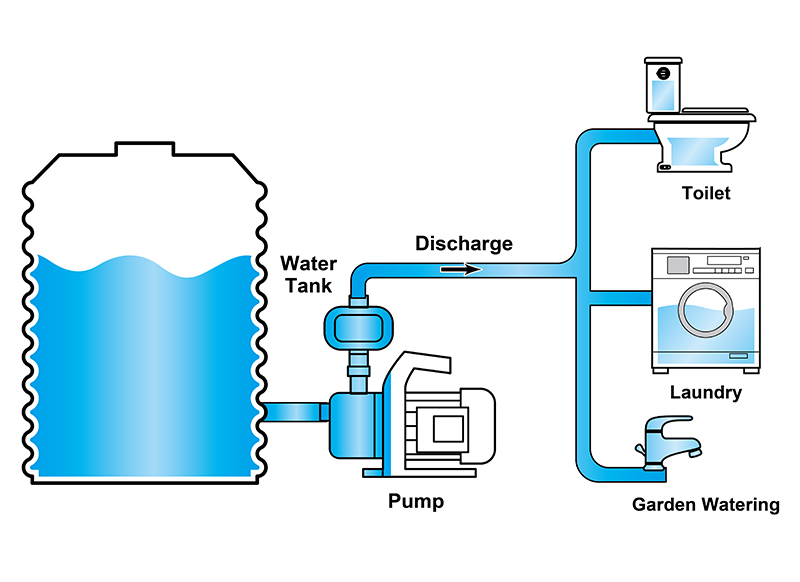
Introduction
Selecting the appropriate water pump for your storage tank is crucial for ensuring efficient water management and reliable operation. Whether you’re using a water pump for residential, agricultural, or industrial purposes, the right choice can make a significant difference in performance and longevity. Here’s a comprehensive guide to help you choose the right water pump for your storage tank.
1. Understand Your Water Needs
Before selecting a water pump, assess your water requirements. Determine the volume of water you need to move and how frequently you need to do so. This will help you select a pump with adequate capacity and performance specifications.
Flow Rate: Measure the flow rate in gallons per minute (GPM) or liters per minute (LPM). This is crucial as it indicates how much water the pump can handle.
Pressure Requirements: Identify the pressure needed to move water effectively from the storage tank to the end-use point.
2. Consider the Type of Water Pump
Different types of water pumps are suited for various applications and conditions. The main types include:
Centrifugal Pumps: Ideal for high-flow, low-pressure applications. “They are often utilized in residential and agricultural environments.
Submersible Pumps: Designed to operate underwater, these are suitable for deep wells or tanks. They are efficient and minimize the risk of cavitation.
Jet Pumps: Suitable for shallow wells and tanks. They offer higher pressure but lower flow rates compared to centrifugal pumps.
Diaphragm Pumps: Best for handling dirty water with solids. They are often used in industrial or agricultural applications where water quality is a concern.
3. Evaluate the Pump's Material and Build
The materials used in the construction of the water pump are essential for durability and performance. Consider the following:
Corrosion Resistance: Pumps made from stainless steel, bronze, or other corrosion-resistant materials are ideal for environments with high water acidity or salinity.
Durability: Pumps with high-quality bearings, seals, and other components will generally have a longer service life.

4. Assess the Pump’s Energy Efficiency
Energy efficiency is important for reducing operational costs. Look for pumps with high energy efficiency ratings or those that feature variable speed drives, which can adjust the pump’s speed based on demand. This not only helps to conserve energy but also reduces the strain on the pump.
5. Check the Installation and Maintenance Requirements
Ease of installation and maintenance can affect the long-term performance of your water pump. Consider the following:
Installation Complexity: Some pumps may require professional installation, while others are designed for DIY setup.
Maintenance Needs: Regular maintenance is necessary to keep the pump running smoothly. Be sure to opt for a pump that has easily accessible parts and a simple maintenance schedule.
6. Match the Pump to Your Tank Specifications
Ensure that the pump you choose is compatible with your storage tank’s specifications, including:
Tank Size and Shape: The pump should be able to accommodate the tank’s dimensions and water levels.
Connection Type: Verify that the pump’s inlet and outlet connections match the fittings on your storage tank.
7. Consider Noise and Vibration Levels
Depending on the installation location, noise and vibration may be a concern. Some pumps operate more quietly and with less vibration than others. Choose a pump that meets your noise level requirements, especially if it will be installed in a residential or office setting.
8. Review Warranty and Support
Finally, check the warranty and support provided by the manufacturer. A good warranty indicates confidence in the product’s quality, and reliable customer support can be invaluable if issues arise.
Conclusion
Choosing the right water pump for your storage tank involves careful consideration of your water needs, pump types, material, energy efficiency, installation and maintenance requirements, and compatibility with your tank. By taking these factors into account, you can ensure a reliable and efficient water pumping solution that meets your specific needs. If in doubt, consulting with a professional can provide additional insights tailored to your unique situation.


